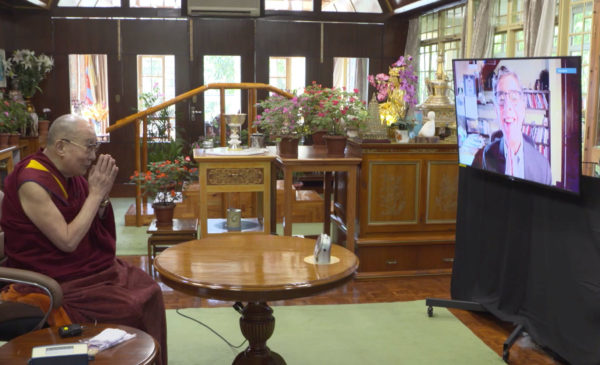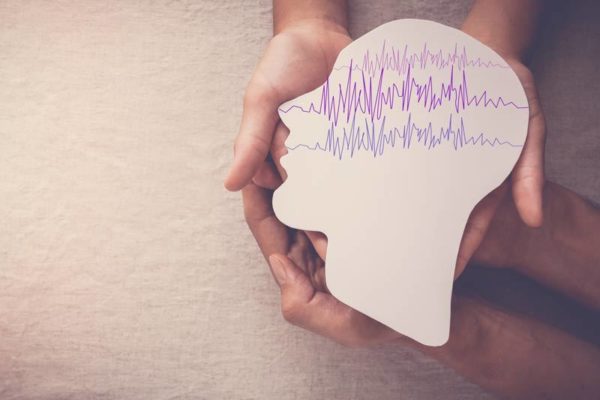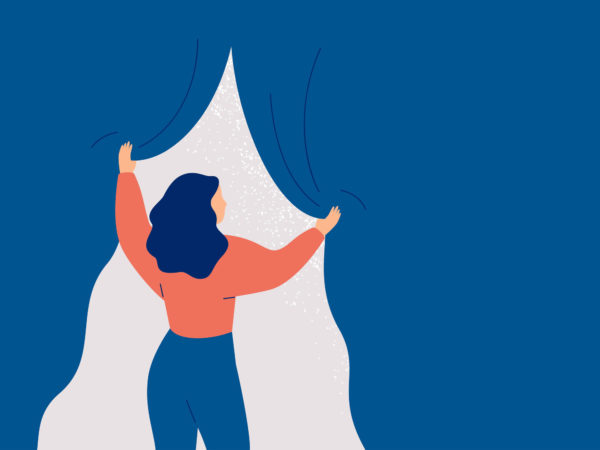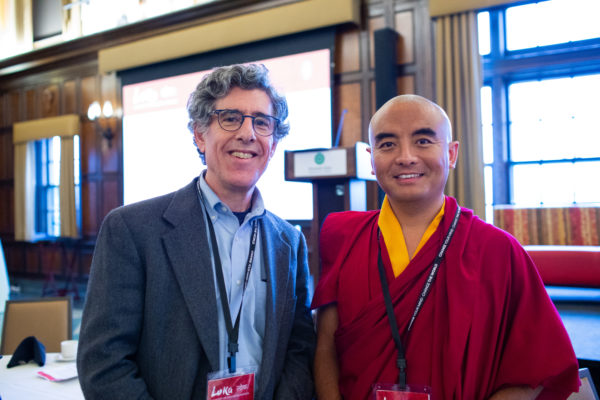News: Research Findings

The Center for Healthy Minds and AtentaMente are seeking to improve mental health, resilience and well-being in healthcare professionals with a new research grant funded by Templeton World Charity Foundation. This grant will allow two character-based intervention studies see if the effects of stress can be lessened in healthcare professionals in Mexico.

Center for Healthy Minds experts and Tibetan medical leaders at premiere medical institutions in India have published the first peer-reviewed paper on a phenomenon called “tukdam” in hopes of starting a conversation about the process of death and how future research may understand a person’s mental, spiritual, and physical well-being during the process of dying.

This year's The World We Make event is free and open to the public, from October 5 - 9, 2020. The nightly virtual events will explore science of well-being and feature new insights from His Holiness the Dalai Lama.

In a recent collaborative study across institutions, researchers developed a new framework to identify mental states during meditation. This included the focus-on-breath state and mind wandering, and estimates of how much time meditators spend in each state.

Researchers at the Center for Healthy Minds found that people who took part in the most common and widely available secular mindfulness program did not experience psychological harm at a rate higher compared to people in control groups who did not take part in the program.

In a recent study, the brain of monk and long-time meditator Yongey Mingyur Rinpoche, who was 41 years old at the time, looked eight years younger than his actual age. The possibility that a person’s “brain-age” might be affected by meditation adds to a growing list of how mental training may yield lasting changes.

